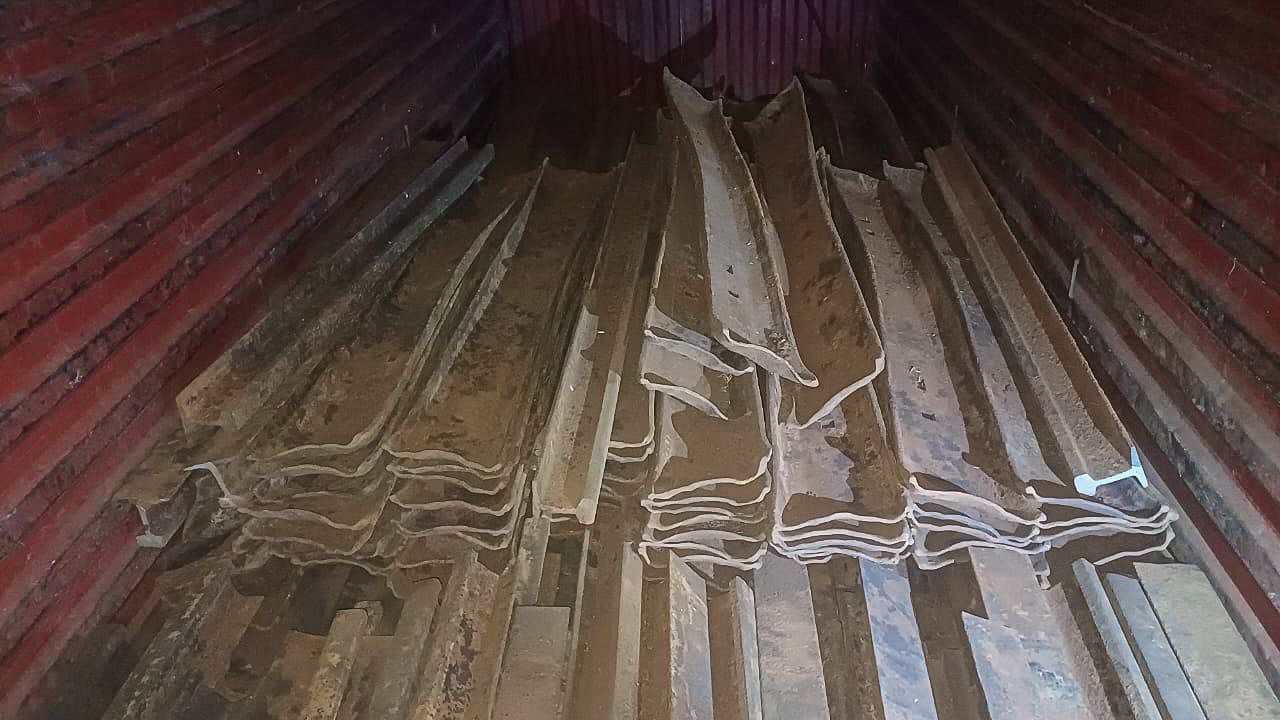
Police officers from the Critical Infrastructure Protection Unit (CIPU), working with colleagues from the Sultan Hamud Police Post, on Thursday intercepted a lorry suspected of transporting railway materials in the Kibini area.
The operation followed a tip-off from members of the public.
Upon inspection at the Sultan Hamud Police Post, the lorry was found carrying 61 railway sleepers and 60 rail bars, which are believed to have been removed from a section of the railway line.
One suspect was arrested and taken into custody.
The lorry was impounded as investigations continue ahead of possible court proceedings.
The vandalism of railway infrastructure has remained a concern for authorities.
Scrap Metal Council chairperson Francis Mugo has in the past warned of legal action against businesses found to be abetting such acts.
In May 2024, the Scrap Metal Council announced a halt to the renewal and issuance of export licences following renewed cases of vandalism targeting national installations.
The Council also urged licensed dealers to comply with the law and avoid any involvement in such activities, noting that vandalism had contributed to power outages in various parts of the country.
His remarks followed the circulation of a video online showing people dismantling road rails along Thika Superhighway in Nairobi.
“We urge all scrap metal dealers across the country to desist from engaging in or aiding vandalism by refusing to provide a market for stolen metals from public infrastructure,” Mugo said at the time.
In January 2022, former President Uhuru Kenyatta imposed an indefinite ban on the scrap metal trade to curb rising cases of vandalism targeting critical installations.
These included theft and damage of road barriers, guardrails, utility infrastructure, conductors, cables, copper wires, railway gauge blocks, rails, transformers, and other materials.
He described the acts as “economic sabotage.”
By April 2022, the government reported that the ban had helped avert an estimated Sh3 billion in potential damage to











